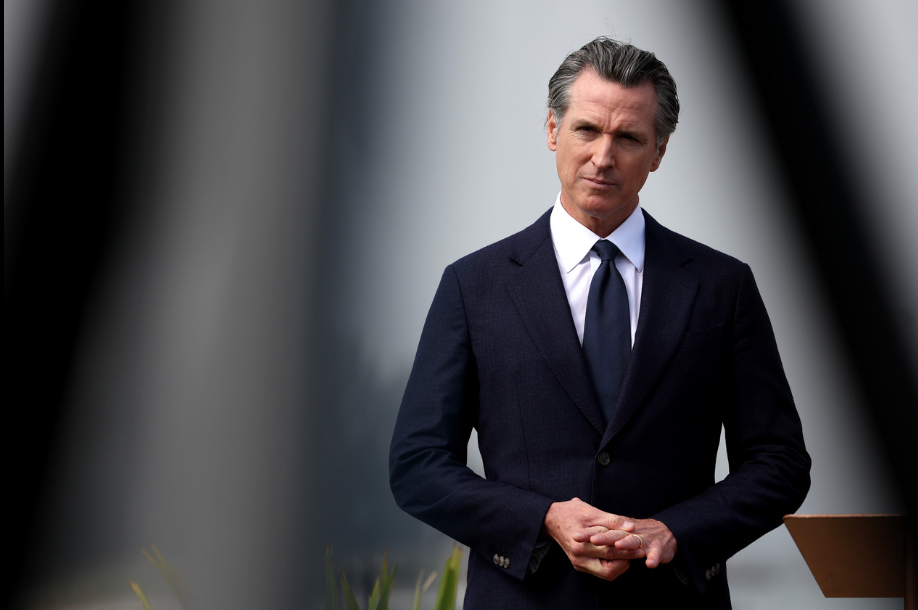A fiery debate has erupted on X (formerly Twitter) after Paul A. Szypula’s post accusing California Governor Gavin Newsom of treason gained traction. Szypula’s claim, shared on June 10, asserts that Newsom has prioritized “wokeness” over the safety of Americans, specifically criticizing the governor’s defense of undocumented immigrants and defiance of federal immigration enforcement under former President Donald Trump.
Szypula’s post alleges that Newsom’s stance on immigration, including his challenge to Trump to “arrest him” for protecting undocumented immigrants, constitutes a betrayal of American citizens. The accusation of treason—one of the most serious charges that can be leveled against a public official—has amplified tensions in the ongoing debate over immigration policy and states’ rights.
The term “treason” has a specific legal definition under the U.S. Constitution, requiring acts of levying war against the United States or giving aid to its enemies. While Szypula’s claims are largely rhetorical, they resonate with critics who see Newsom’s policies as undermining federal authority and jeopardizing public safety.
Newsom has been a vocal opponent of stringent immigration enforcement, including U.S. Immigration and Customs Enforcement (ICE) raids and the Trump administration’s deployment of the National Guard to California. He has championed California’s sanctuary state laws, which limit local cooperation with federal immigration authorities, and has called for humane treatment of undocumented immigrants.
These positions have made him a target for conservative critics, who argue that such policies enable criminal activity and strain public resources. Supporters of Newsom, however, contend that his actions reflect California’s progressive values and commitment to human rights.
The hashtag #TreasonTrialForNewsom began trending shortly after Szypula’s post, with thousands of users weighing in. Some echoed Szypula’s sentiments, arguing that Newsom’s policies endanger Californians and violate federal law. Others dismissed the accusations as political grandstanding, pointing out that sanctuary laws have been upheld in court and reflect the will of California voters.
“Newsom’s refusal to enforce federal immigration laws is a dereliction of duty,” one user wrote. “This isn’t leadership; it’s betrayal.”
Conversely, a supporter tweeted, “Calling this treason is absurd. Newsom is standing up for the most vulnerable. We need more leaders like him, not fewer.”
While the accusation of treason is unlikely to result in legal action, it underscores the polarized political climate surrounding immigration policy. Newsom has consistently framed his resistance to federal enforcement as a matter of states’ rights and moral responsibility, positioning California as a leader in progressive governance.
Experts note that while the federal government has the authority to enforce immigration laws, states have significant discretion in how they allocate resources and cooperate with federal agencies. This legal gray area has fueled conflicts between California and federal authorities, particularly during the Trump administration.
The heated discourse surrounding Newsom’s policies reflects broader divisions in the U.S. over immigration, governance, and the role of state versus federal power. As California continues to chart its own course on immigration, the state’s approach remains a flashpoint in national politics, with supporters hailing Newsom as a defender of inclusivity and critics branding him as a reckless provocateur.
Whether or not the rhetoric of treason gains further traction, the controversy highlights the enduring tensions between ideological commitments and practical governance in a deeply divided America.

